A filling machine is a device that is extensively used in the production process of various industries. Filling machines are used to measure and pack liquid, powder, granular, or paste products into pouches, bags, and containers like bins and bottles. Different types of filling equipment using various mechanical techniques are available to accurately and quickly fill containers with an array of substances and products. For many businesses, the use of such packaging machinery increases productivity and lowers labor expenses. Read More…
Moller North America is committed to customer satisfaction. Our line of products ranges from bagging, conveying, palletizing, to stretch-hooding, stretchwrapping and shrinkwrapping a variety of products. Contact us today to for all of your packing, palletizing, and protection needs.
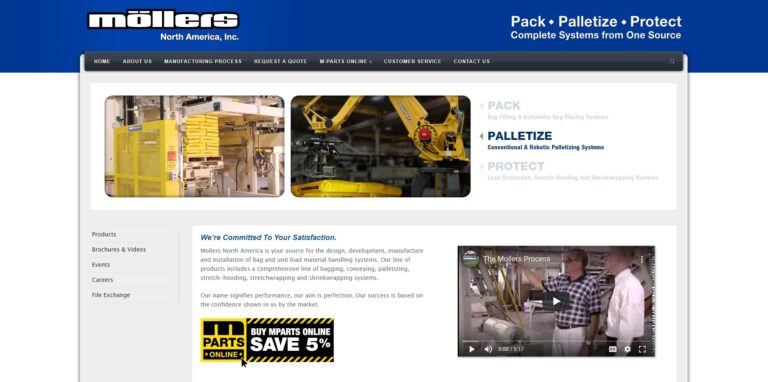
American-Newlong is the world's leading manufacturer of automated, open-mouth bag packaging and closing systems and equipment. We offer a wide range of filled bag sewing machines, automatic bag heat sealers, robotic bag palletizers, bag making machines and semi-automated and automated bag packaging equipment that weigh, pack, close, check weigh, distribute, and palletize.
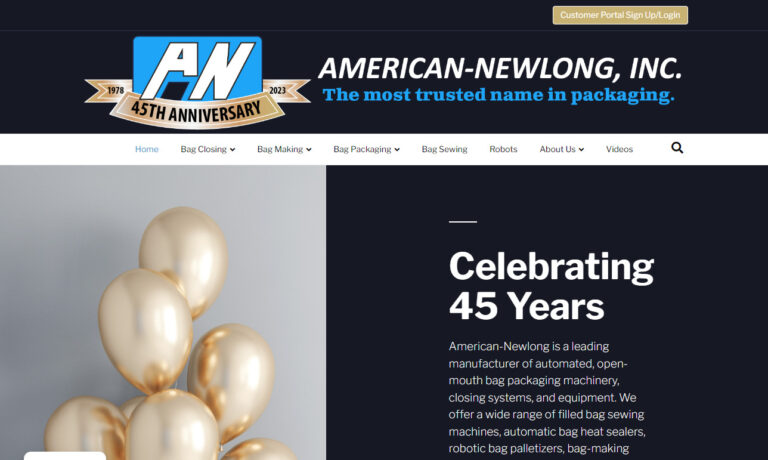
Trust Frain Industries for all your packaging equipment! We offer a variety of packaging equipment including stretch wrapper machines, filling machines, wrappers, shrink wrap machines, and more! We guarantee that all Frain machines will work for you so that you can work less!
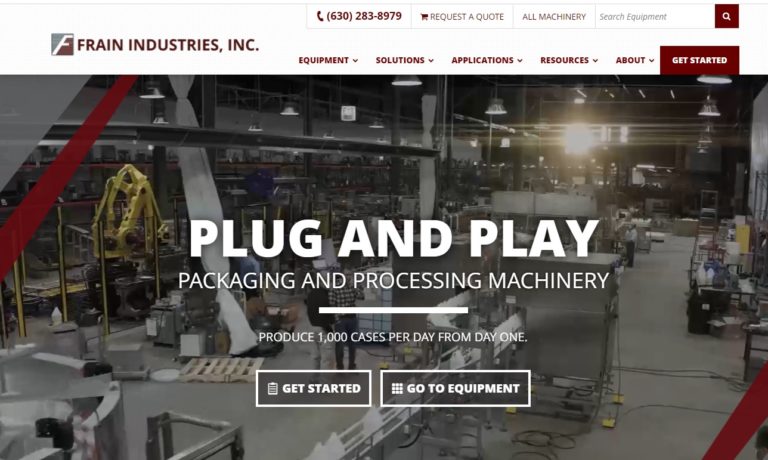
TopTier is the preferred vendor for over 800 consumer packaged goods manufacturers with sales throughout North America and select countries worldwide. TopTier manufactures palletizers exclusively and serves both Fortune 1000 and mid-size companies. Contact us today for more information!
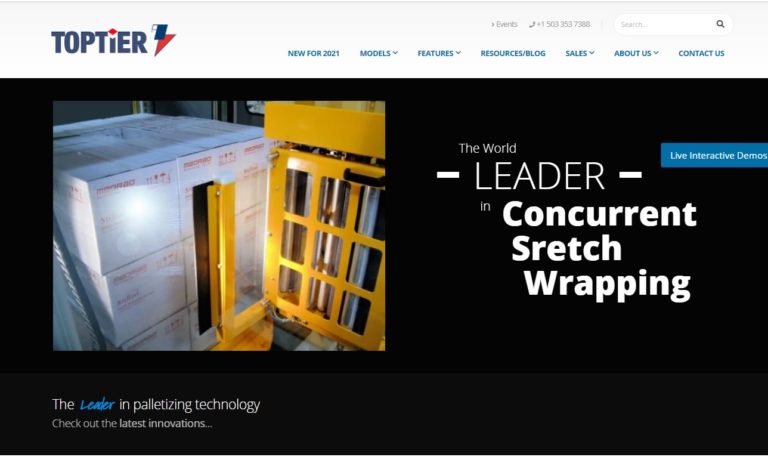
BILWINCO works closely with companies to develop and design packaging equipment. We manufacture, deliver and install all machinery, as well as perform preventative maintenance and system optimization. Filling machines, packaging machinery, weighers and more for the food and hardware industries.
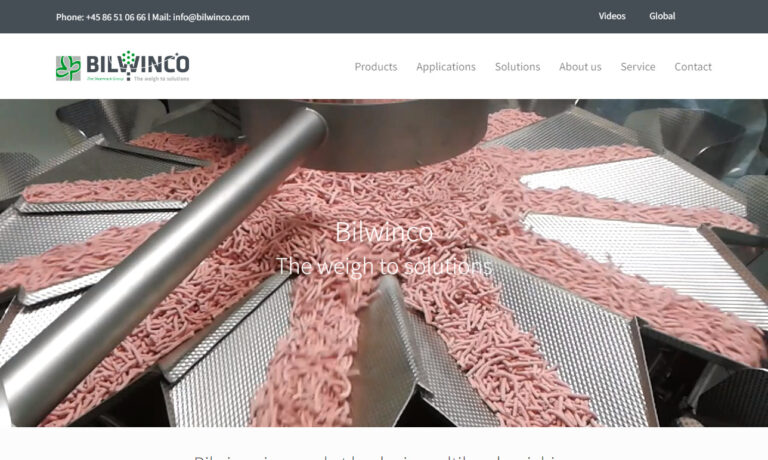
More Filling Machinery Manufacturers
Filling machines also provide a means for industrial operations to manage the huge amounts of small parts that they generate or use. For instance, businesses that manufacture plastics need to have access to significant quantities of palletized plastic. These plastics are created by plastic producers, and filling machines subsequently pack them into containers quickly and accurately. Small industrial products like screws, nuts, and bolts, for example, are frequently distributed using filling machines into the packages that will be sent to, and sold at, your local hardware store.
Types of Filling Machines:
Pump Filling Machine
Pump filling machines can transport even the thickest materials, including those that drip, stretch, or include big chunks, called pump fillers. Despite their reputation for working best with watery, low viscosity solutions, pump filling machines can handle substances like honey, salsa, or car wax just as well. A single operator who wants to fill containers of various sizes will find it convenient to switch between different fill volumes thanks to this sort of system.
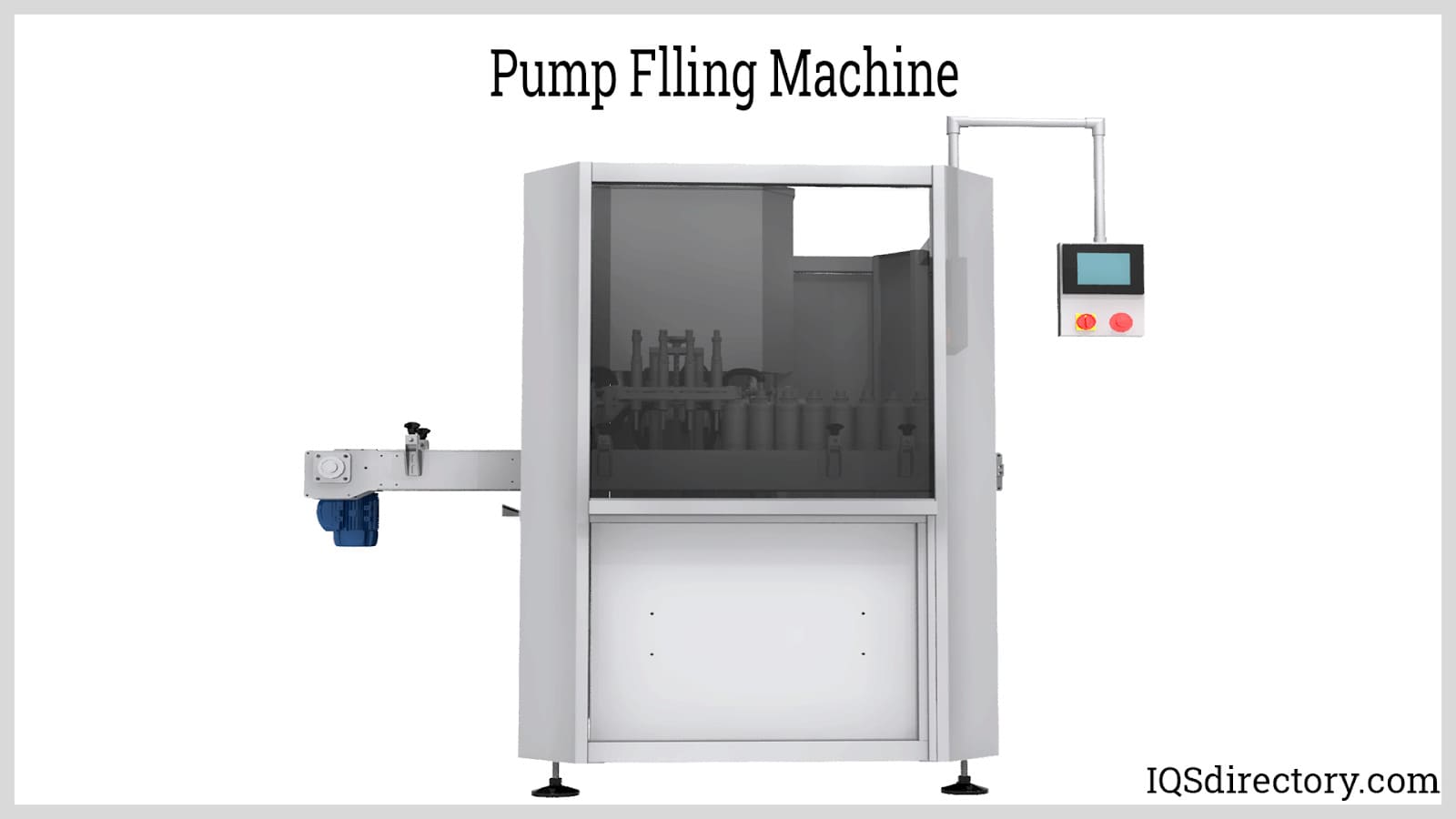
Overflow Filling Machine
An overflow filling can quickly fill bottles and works best with products that have a thin to medium viscosity. To reduce waste, any product that remains in the filling tubes is forced back into the storage tank. The overflow filling machine fills bottles to the same level with only tiny volume differences. This aesthetically-pleasing evenness is a crucial component of retail products that are packaged in clear containers. Without this approach, tiny changes in the containers' inner shapes may give the impression that the manufactured products are unevenly filled even though they are not.
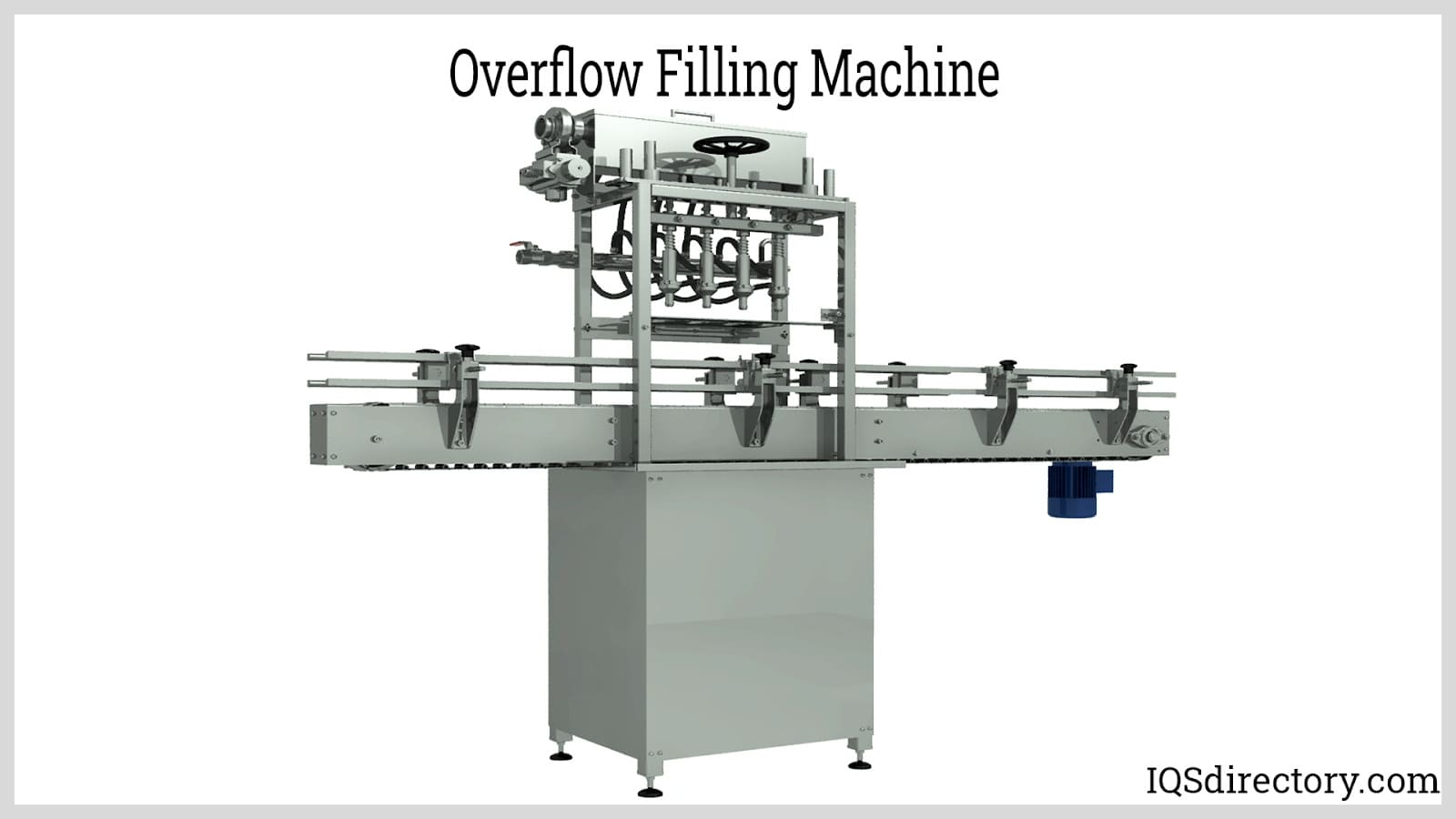
Gravity Filling Machine
Gravity filling is frequently a quick and inexpensive solution for liquids with low viscosity or froth. The gravity filling method works by holding the liquid above the bottles that need to be filled and letting gravity pull it downward. The liquid must be free-flowing, have a constant viscosity, and be free of any particles that can impede its passage through the machine for this to function properly. This system uses a timed fill to dispense the same amount of liquid each time, operating on the volumetric filling principle. As long as the product is free-flowing and has a low enough viscosity, this filling machine idea can be used in a variety of industries, including food and beverage, specialty chemicals, cosmetics, and personal care.
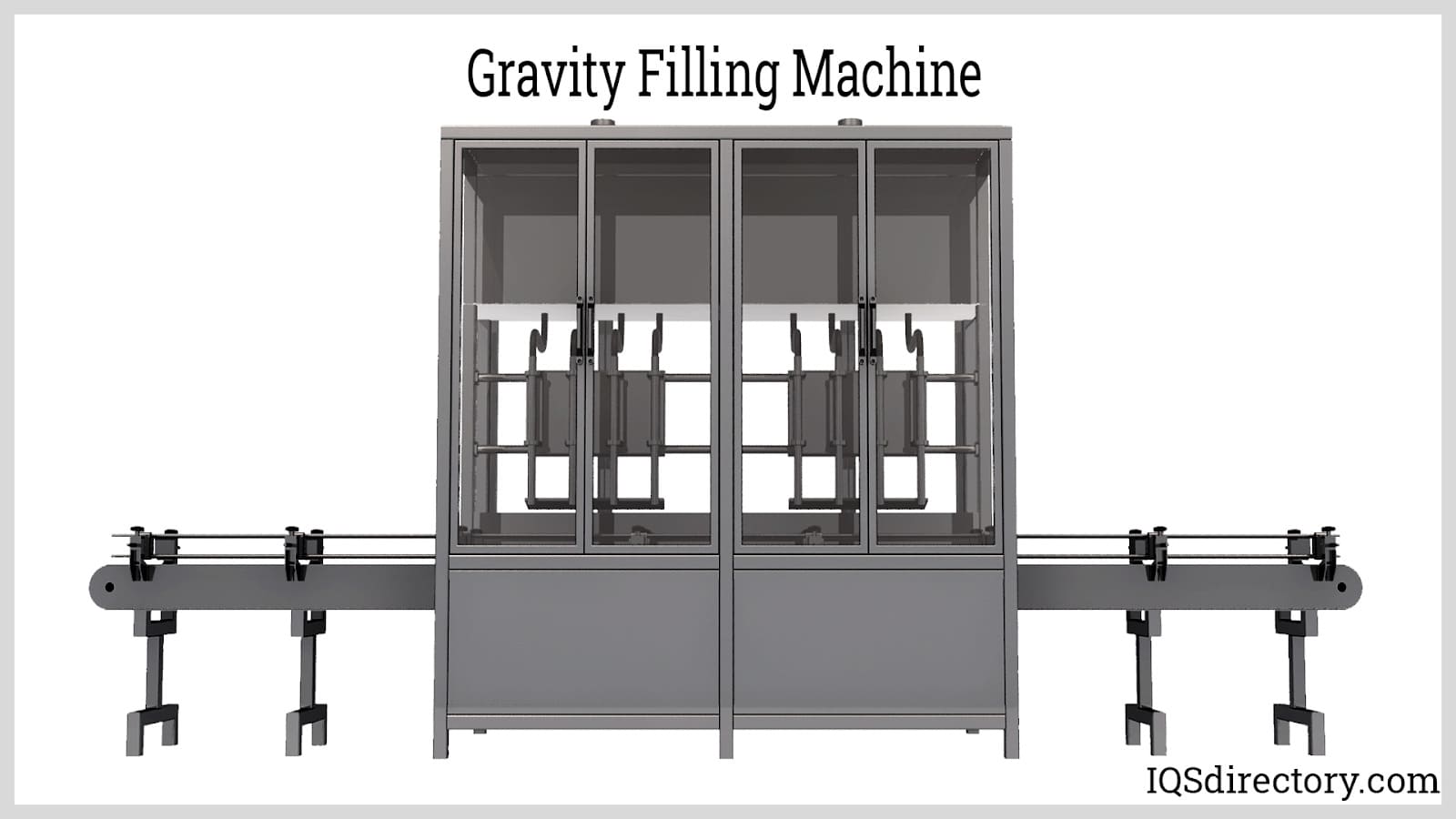
Piston Filling Machine
Thin to thick liquids with a variety of viscosities can be used in piston filling systems. They can also handle semi-solids and liquids containing particles. Delivered from a bulk tank that can also be set up with a buffer tank using a level-sensing float, a manifold with direct draw, or recirculation methods, they pump goods into containers in extremely exact proportions. Pharmaceuticals, essential oils, and tinctures of THC and CBD are just a few examples of higher-priced liquids that require precision dosing with minimal waste and are especially well-suited for piston fillers.
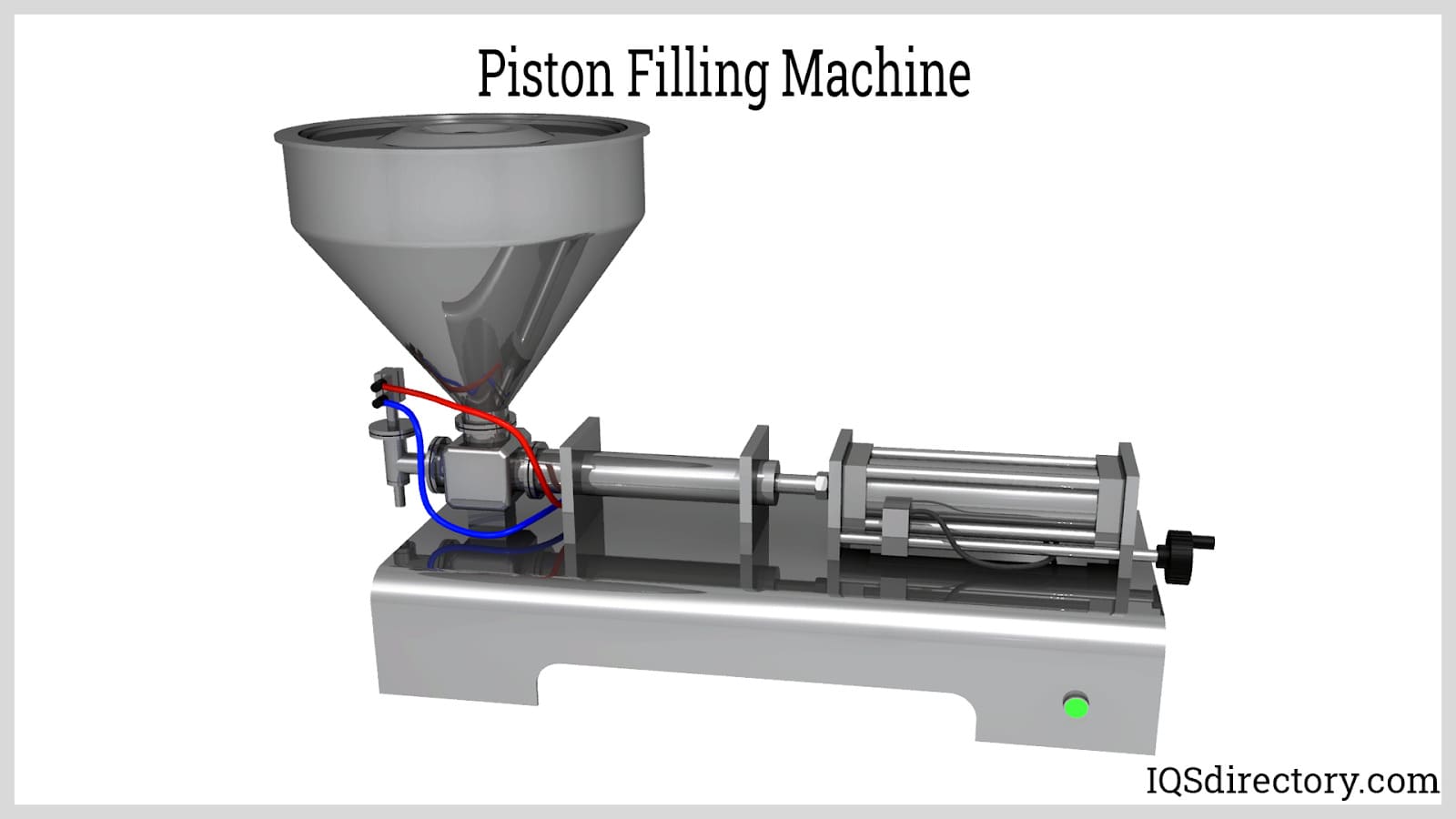
Filling Machine Design Considerations
- Viscous liquids: One of the key factors to take into account when choosing the right liquid filling machine is the viscosity of the liquid. Sticky, viscous substances can block filling heads, which can actually change the properties of the finished product.
- Packaging materials: The type of packaging materials you utilize will have a direct impact on the filling machine selected. For instance, deformation might make manipulating thin plastic containers more difficult, while a glass bottle may easily slide on a slatted conveyor system beneath the filler head.
- Package size: The size of a container being filled will contribute to the type of filling machine required. For example, the small vials used as containers of cosmetics and pharmaceuticals will need a different machine as compared to one filling a large industrial tank.
- Integration with other machines: The filling machine should be able to be integrated with other machines, like a capping machine, in order to move products to the next stage of the production process. For hazardous products the machine should satisfy the end user’s safety protocols.
- Filling accuracy: Filling accuracy can range from being moderately significant to being extremely essential, depending on the product and the end user. A high level of filling accuracy is crucial for industries that produce medicines where dosage is crucial, or for businesses selling high-value products like cosmetics where overfilling packages reduces revenue. As a result, a machine is required whose variations are precisely defined and within the acceptable range for a product.
Choosing the Proper Filling Machine Manufacturer
To ensure you have the most positive outcome when purchasing a filling machine from a filling machine manufacturer, it is important to compare several companies using our directory of filling machine manufacturers. Each filling machine manufacturer has a business profile page highlighting their areas of experience and capabilities, along with a contact form to directly communicate with the manufacturer for more information or request a quote. Review each filling machine business website using our proprietary website previewer to quickly learn what each company specializes in. Then, use our simple RFQ form to contact multiple filling machine companies with the same form.

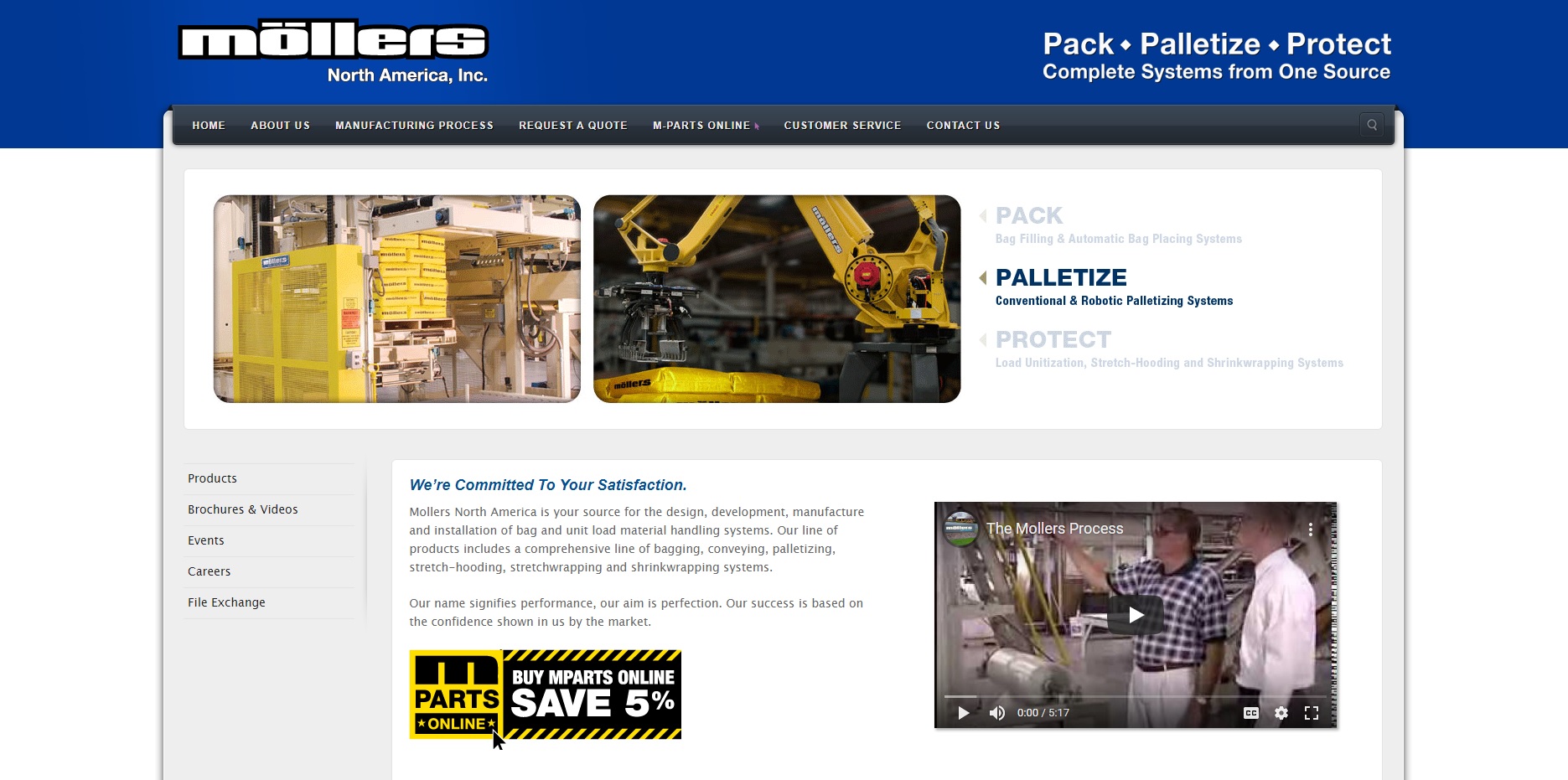
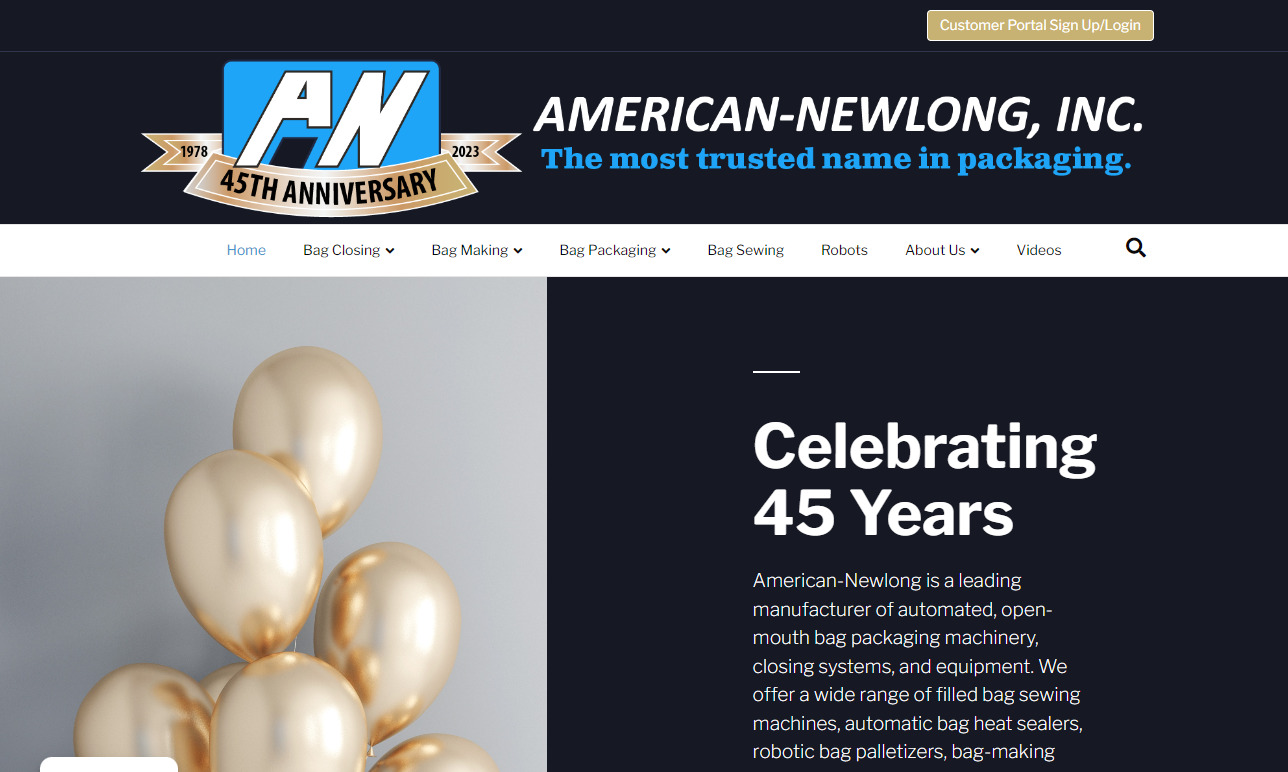
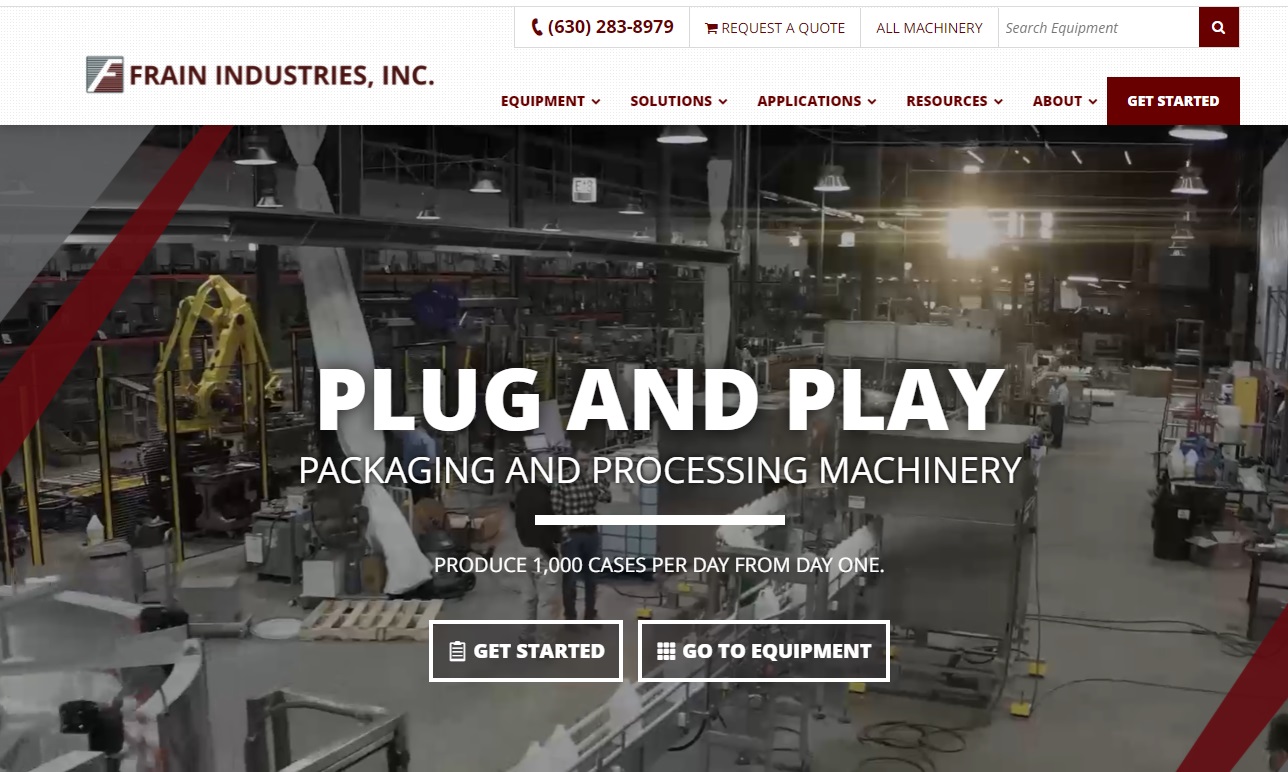
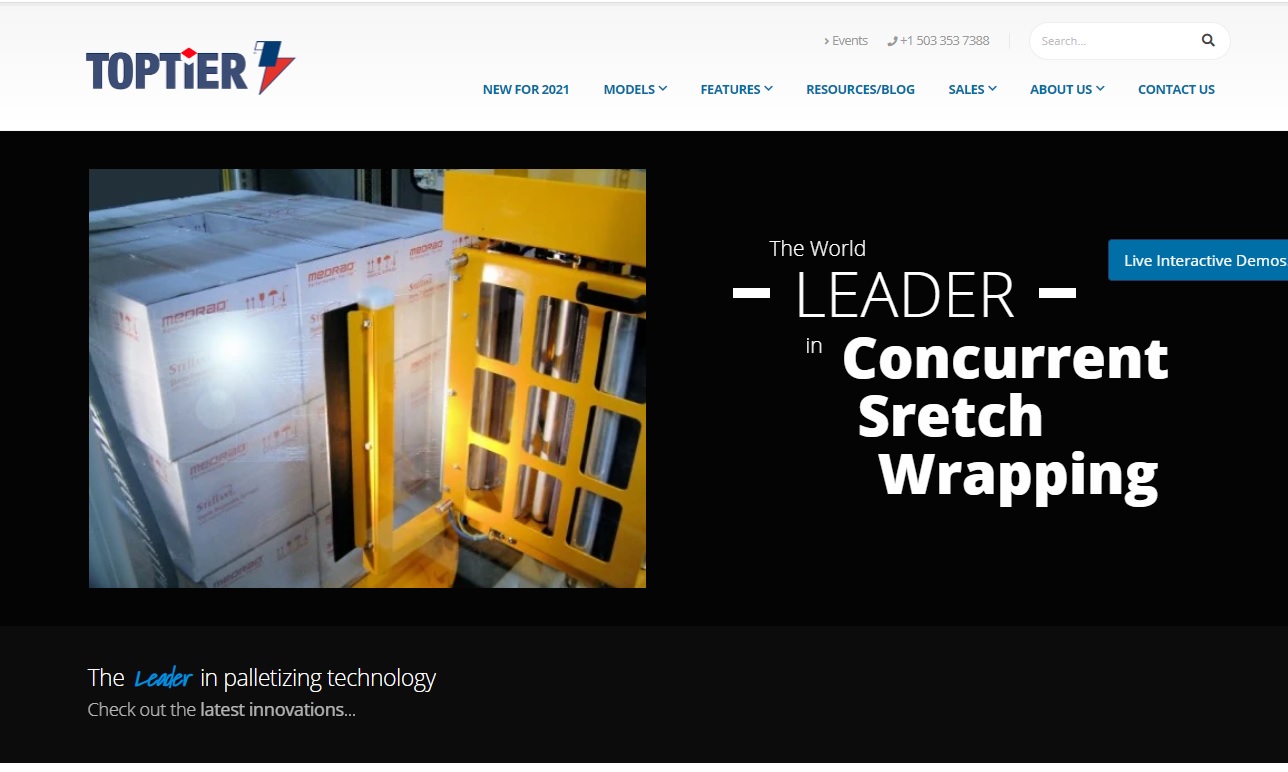
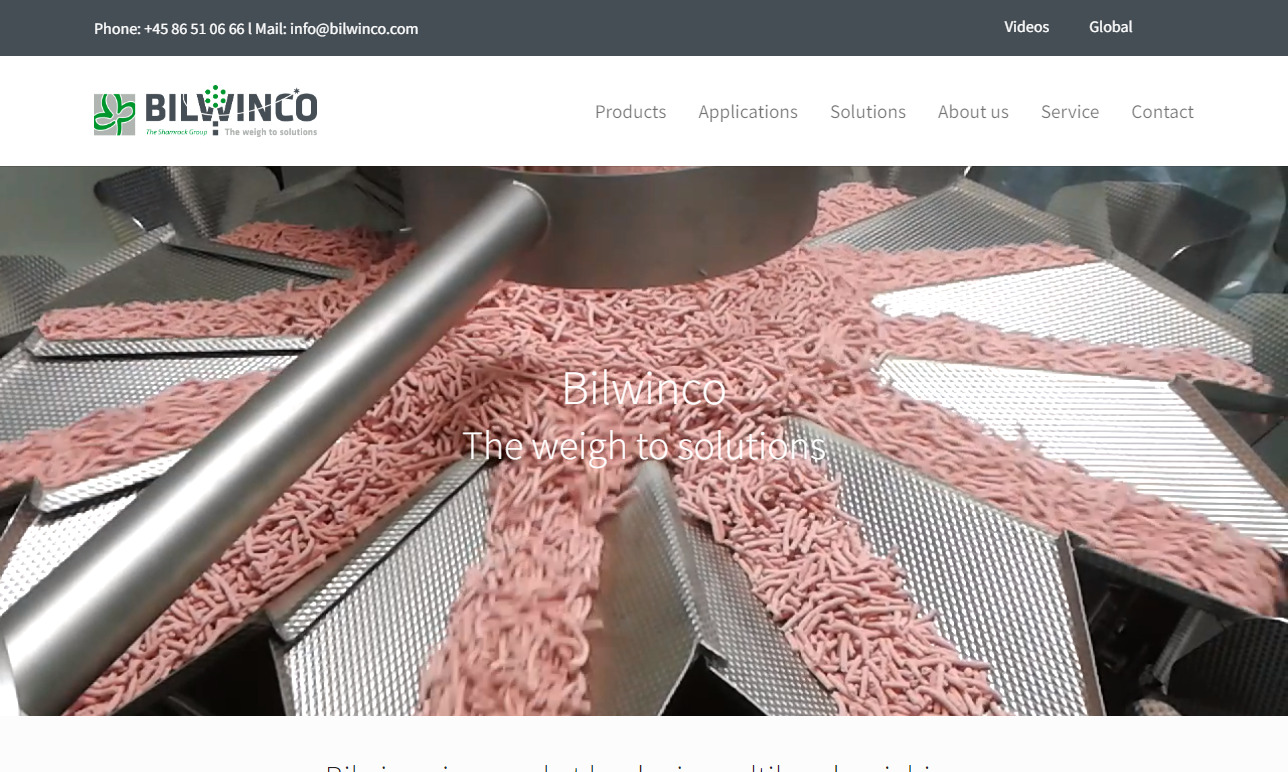
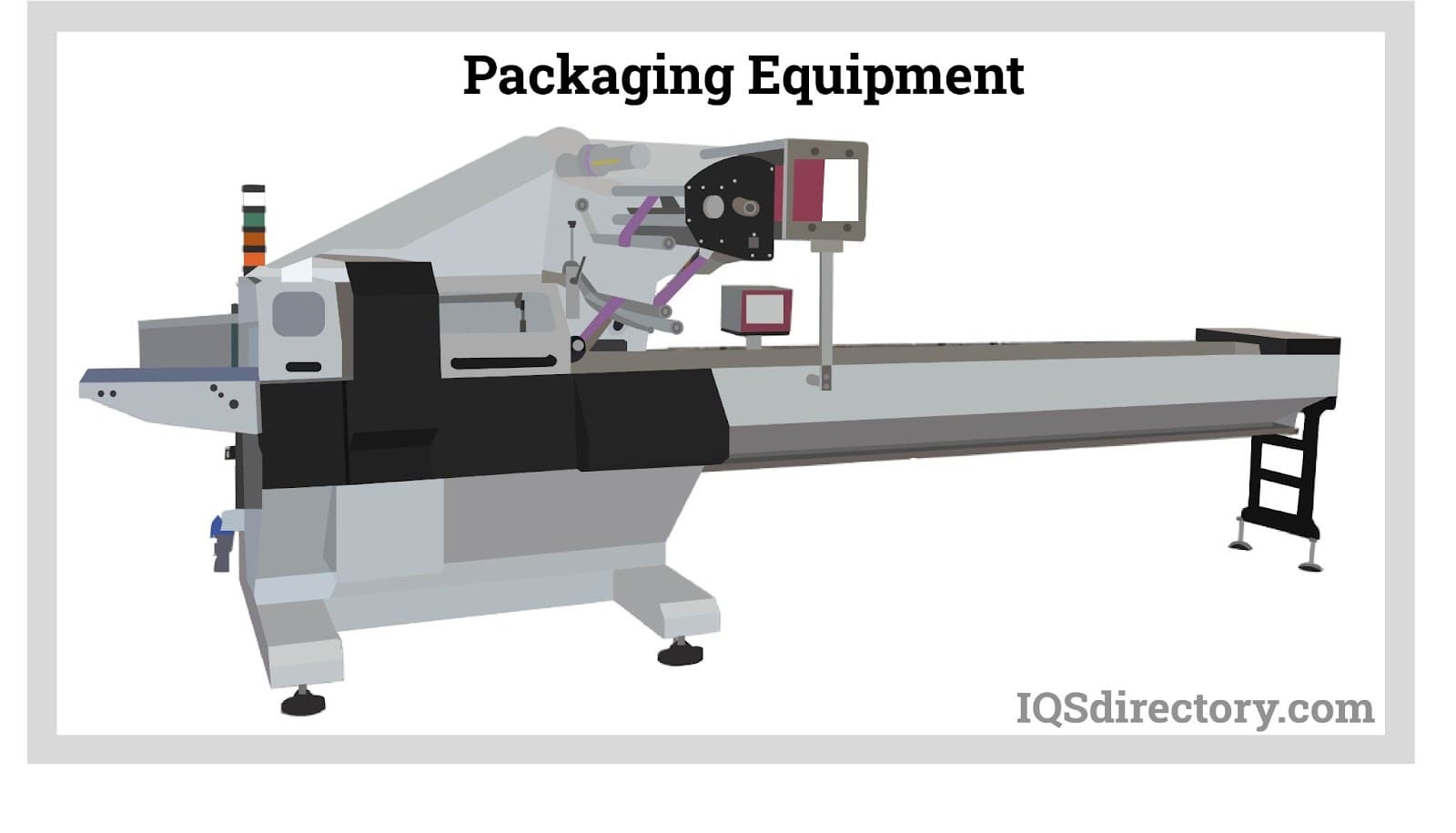
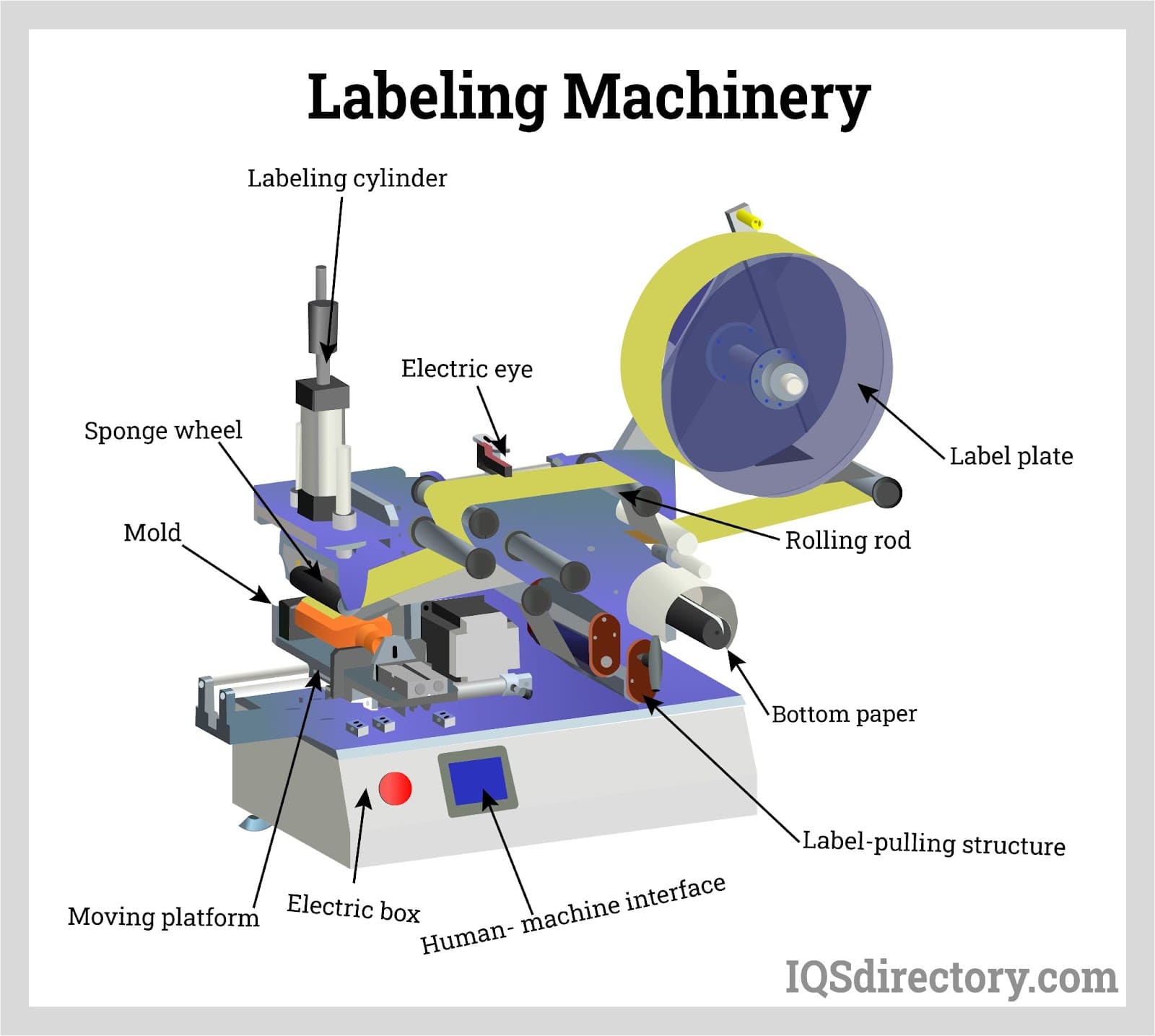
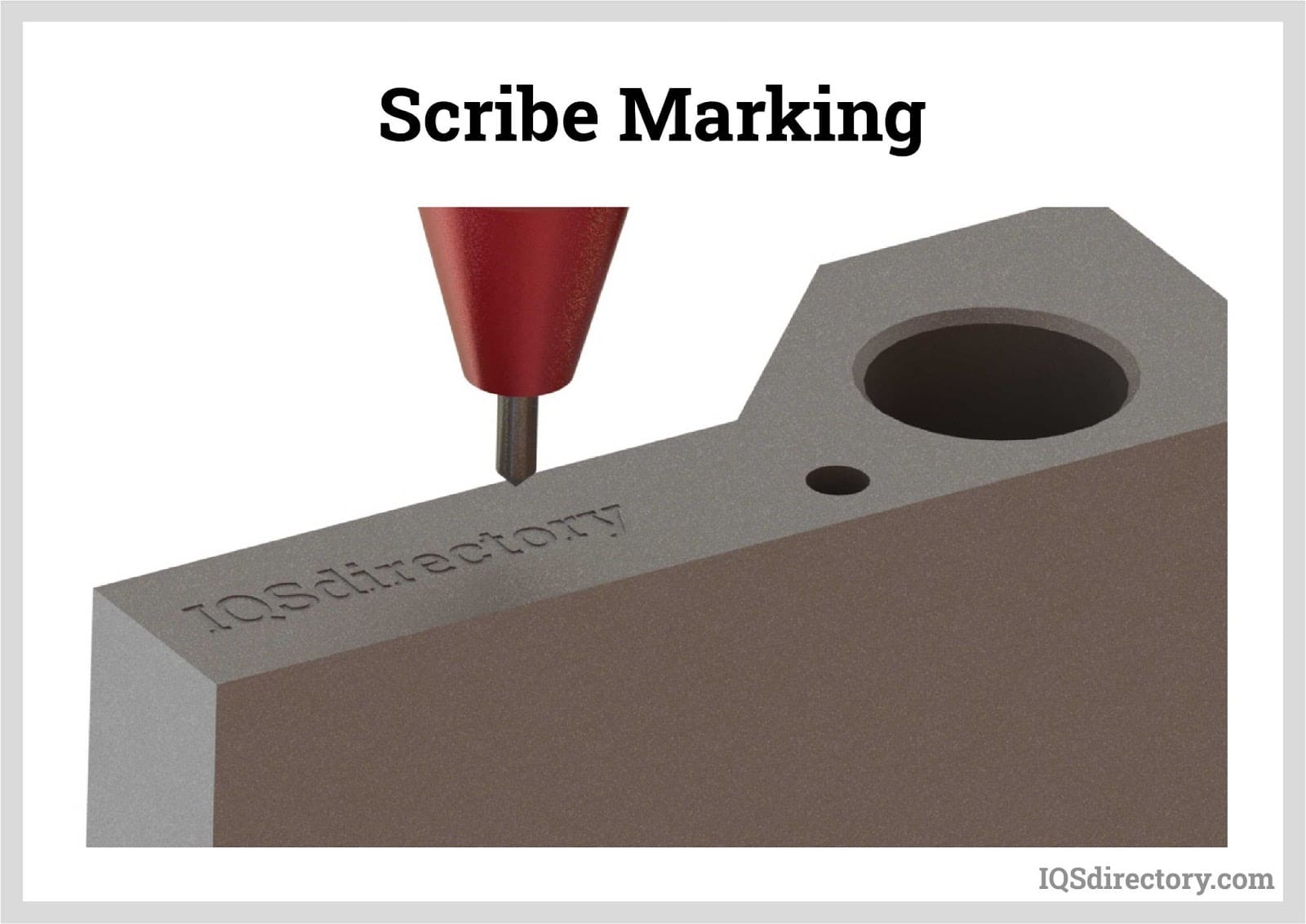
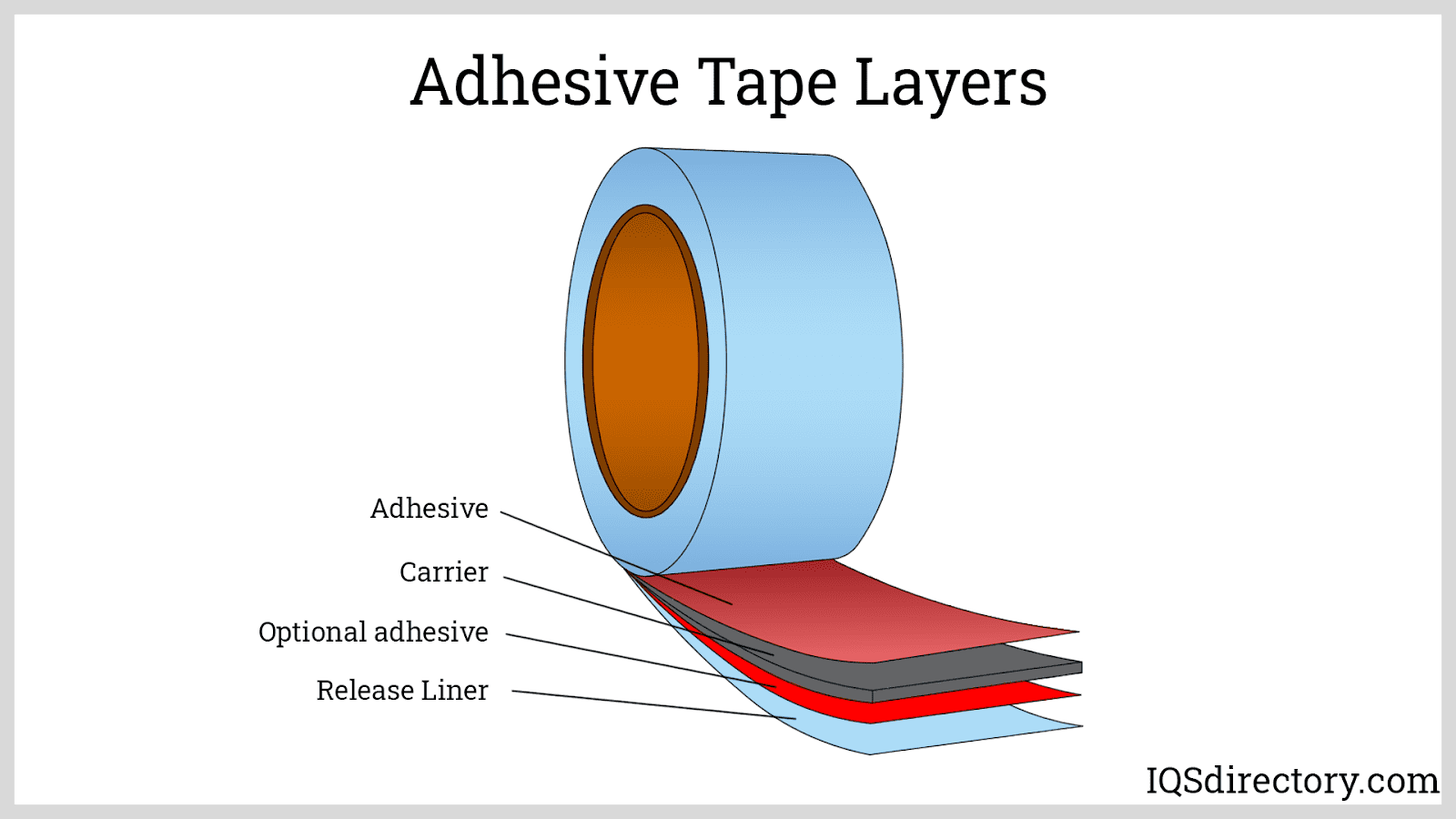
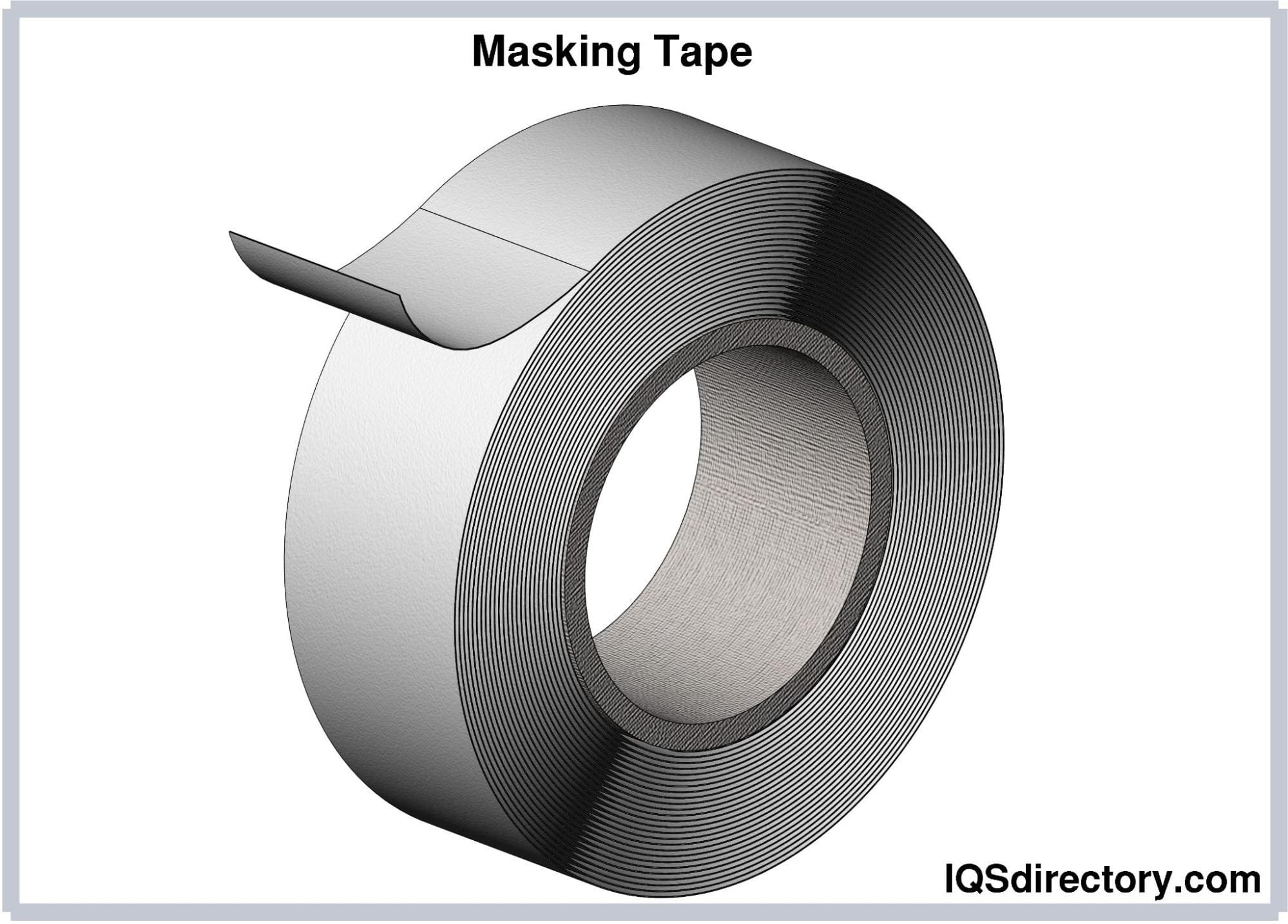
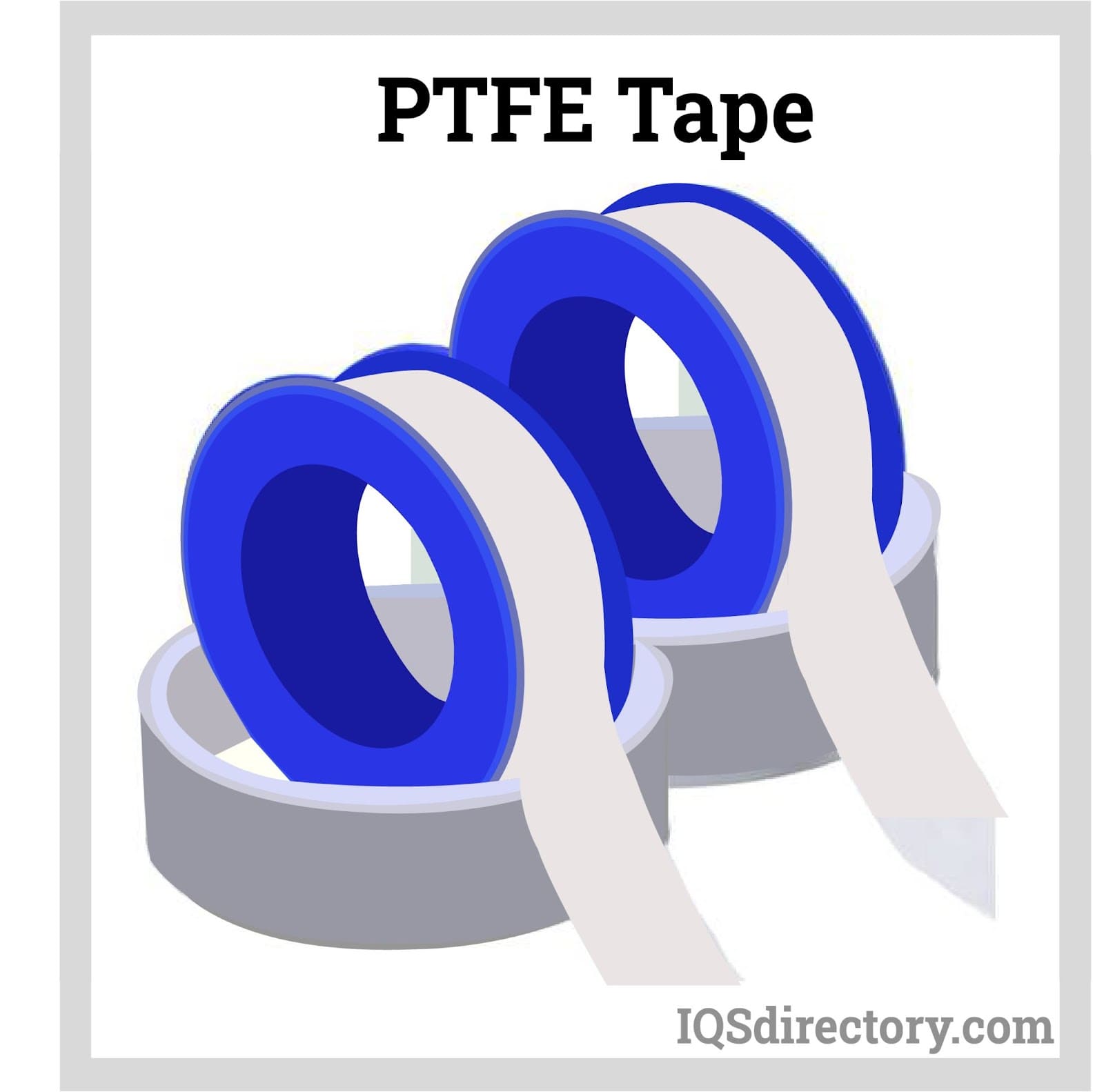
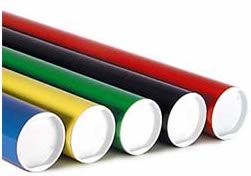 Cardboard Tubes
Cardboard Tubes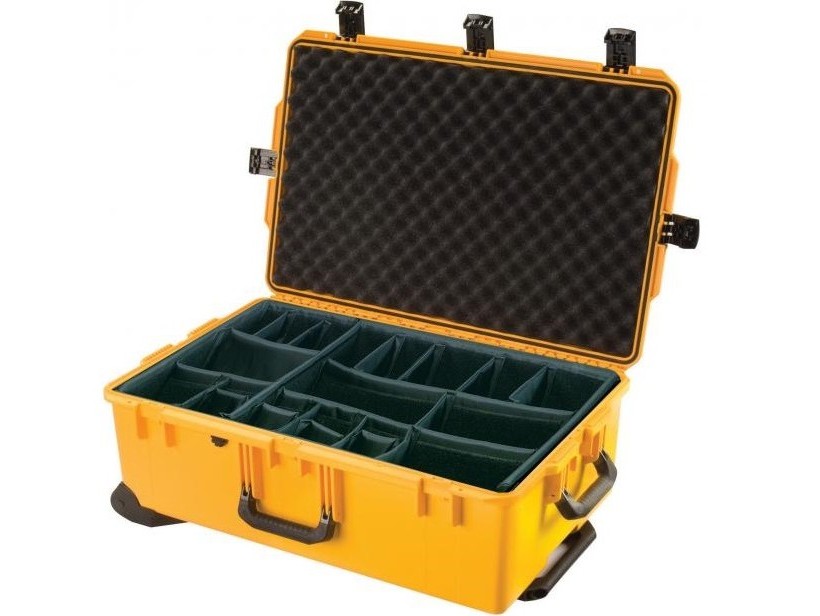 Carrying Cases
Carrying Cases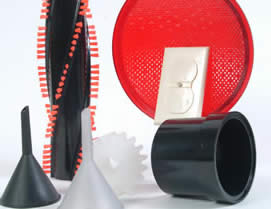 Contract Packaging
Contract Packaging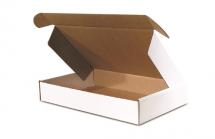 Corrugated Boxes
Corrugated Boxes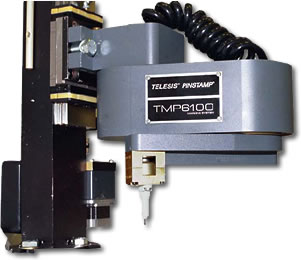 Dot Peening Machines
Dot Peening Machines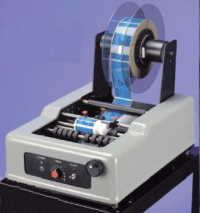 Labeling Machinery
Labeling Machinery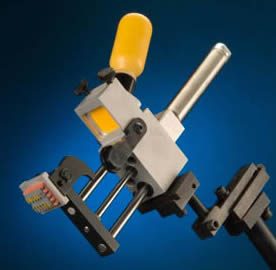 Marking Machinery
Marking Machinery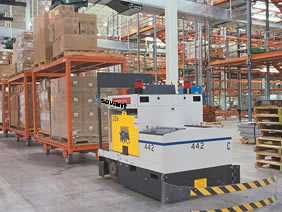 Packaging Equipment
Packaging Equipment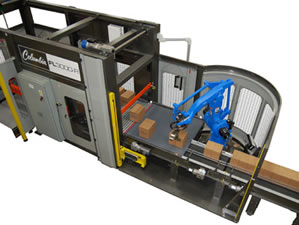 Palletizers
Palletizers Plastic Bags
Plastic Bags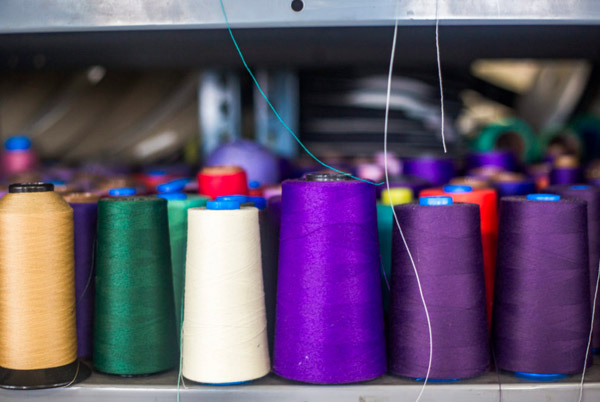 Sewing Contractors
Sewing Contractors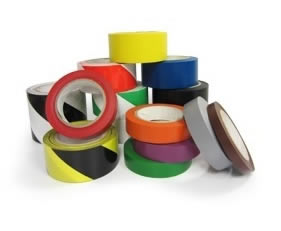 Tape Suppliers
Tape Suppliers Castings & Forgings
Castings & Forgings Bulk Material Handling
Bulk Material Handling Electrical & Electronic Components
Electrical & Electronic Components Flow Instrumentation
Flow Instrumentation Hardware
Hardware Material Handling Equipment
Material Handling Equipment Metal Cutting Services
Metal Cutting Services Metal Forming Services
Metal Forming Services Metal Suppliers
Metal Suppliers Motion Control Products
Motion Control Products Plant & Facility Equipment
Plant & Facility Equipment Plant & Facility Supplies
Plant & Facility Supplies Plastic Molding Processes
Plastic Molding Processes Pumps & Valves
Pumps & Valves Recycling Equipment
Recycling Equipment Rubber Products & Services
Rubber Products & Services